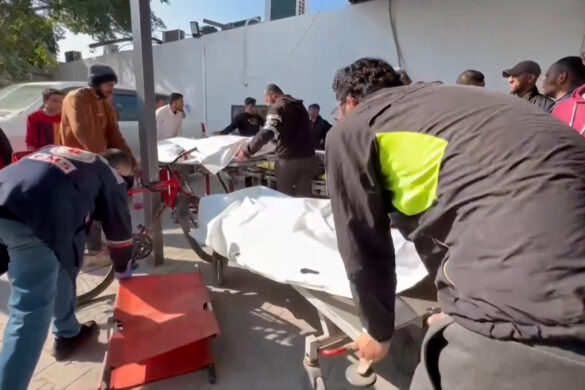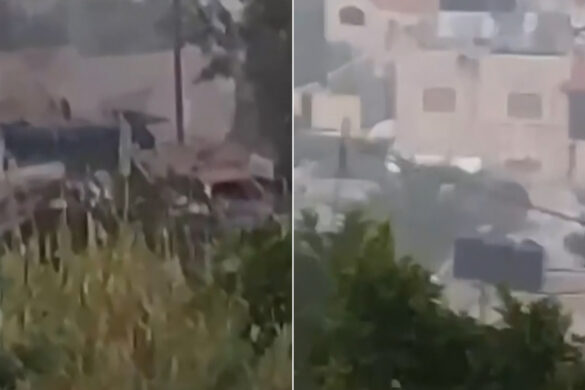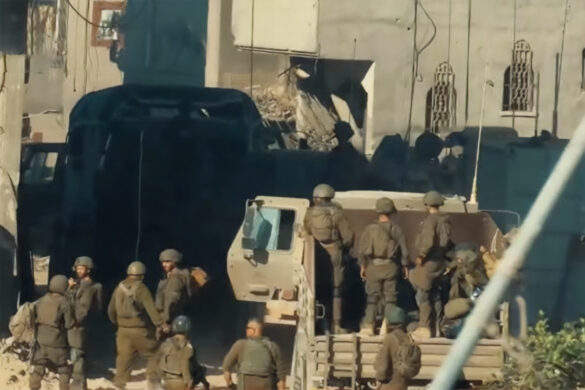A former NATO commander has warned of the risk of Israel’s war on the Gaza Strip expanding to other countries, saying there is an “uncomfortably” high chance the ongoing conflict will develop into a broader regional conflict.
The American magazine Newsweek quoted former NATO commander James Stavridis as saying – during an interview on Friday with MSNBC – that the escalating tensions between Israel and Lebanon left him “very concerned” that the war may expand soon.
Stavridis, a retired US Navy admiral who served as NATO’s Supreme Allied Commander in Europe between 2009 and 2013, said that about two months ago he felt there was a 10 percent chance the war would expand into a broader regional conflict “because if Israel attacks Hezbollah, Iran will intervene in different ways.” “Very important. This could attract the United States.”
Dangerous personality
Stavridis expressed his belief that the chances of expansion now reach about 25%, which is an “uncomfortably high” percentage.
He added that Israeli war council member Benny Gantz, the former army commander, told reporters this week, “The time for a diplomatic solution is running out and that Israel will try to push Hezbollah away from the borders if the world and the Lebanese government do not do so.”
“I know Gantz well,” Stavridis said. “During the four years I spent as NATO commander, I interacted with him constantly and I still have good contact with him. He is a very serious and sober figure. So, if Gantz says this, it makes me very worried.”
Unnecessary war
The magazine quoted Israeli army spokesman Jonathan Conricus as saying that Hezbollah is dangerously dragging Lebanon into an unnecessary war that could have potentially devastating consequences for the state of Lebanon and the Lebanese people.
She added that the Iranian-backed “Imam Hussein Military Unit” is believed to be working alongside Hezbollah in Lebanon.
Newsweek reported that this unit, linked to Iran’s Quds Force, was operating in Syria earlier this year, while an Israeli military spokesman said last month that it had “arrived in southern Lebanon to assist Hezbollah.”




